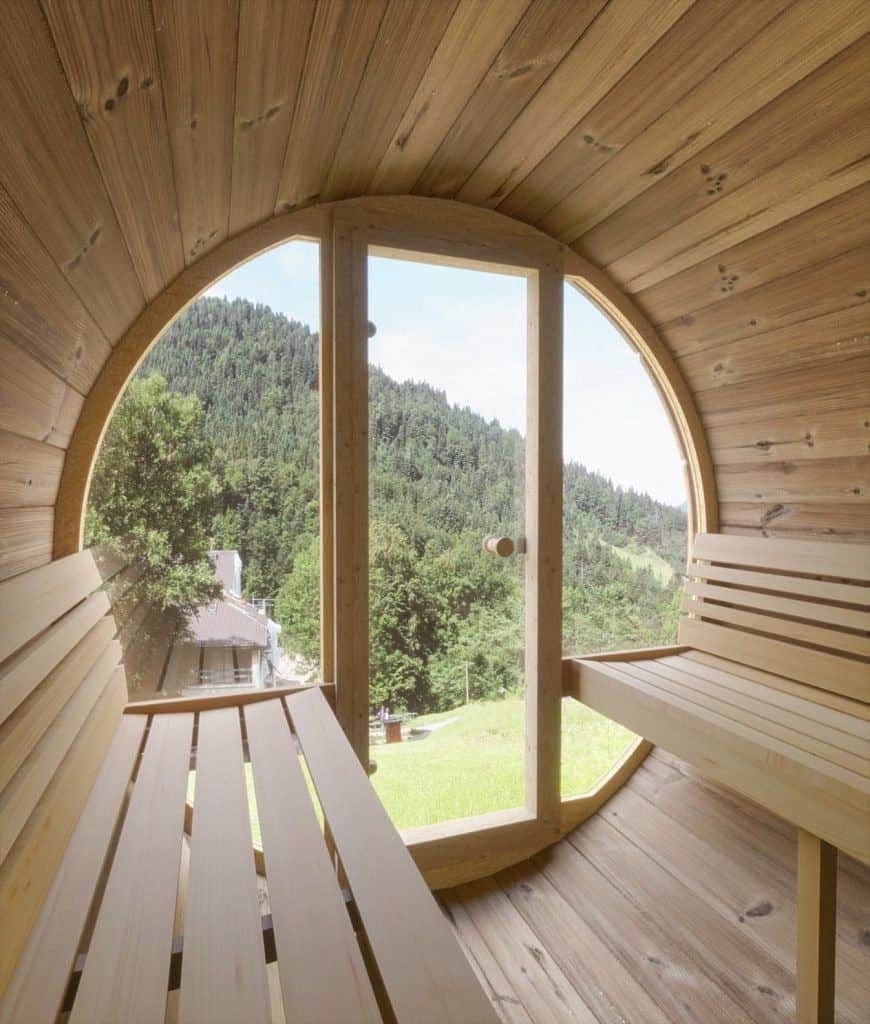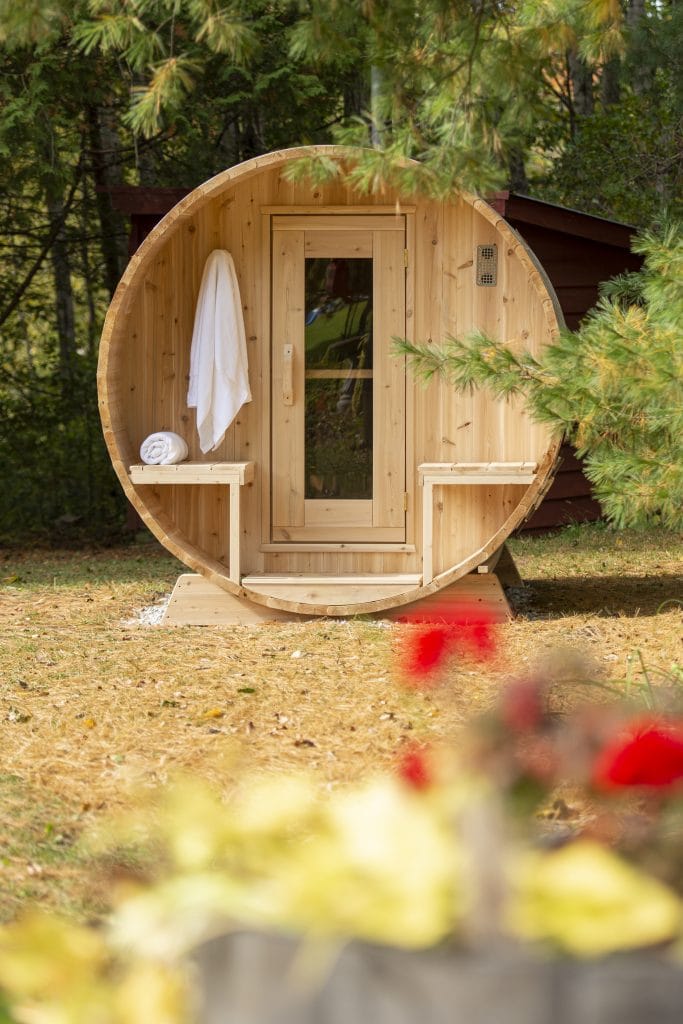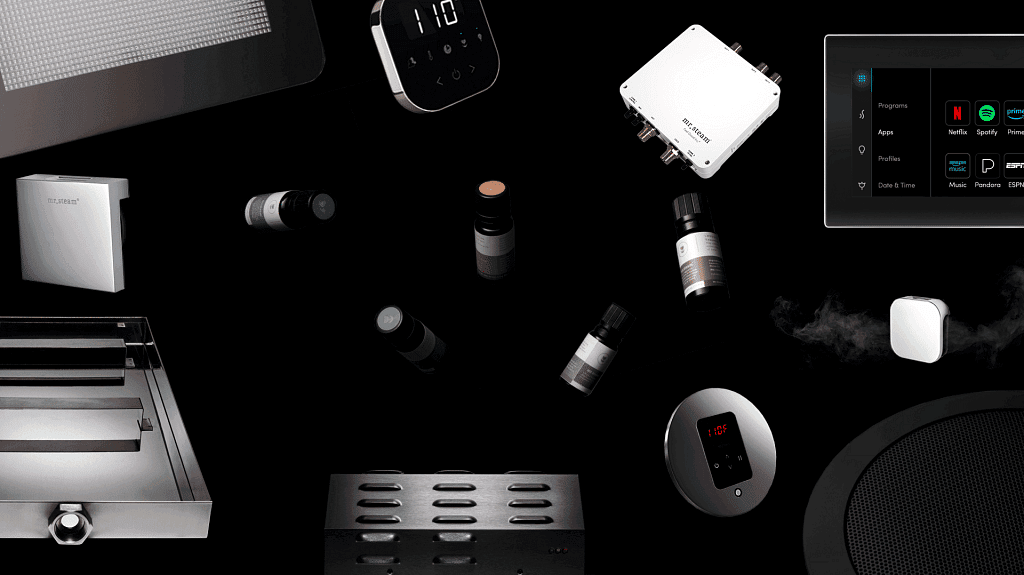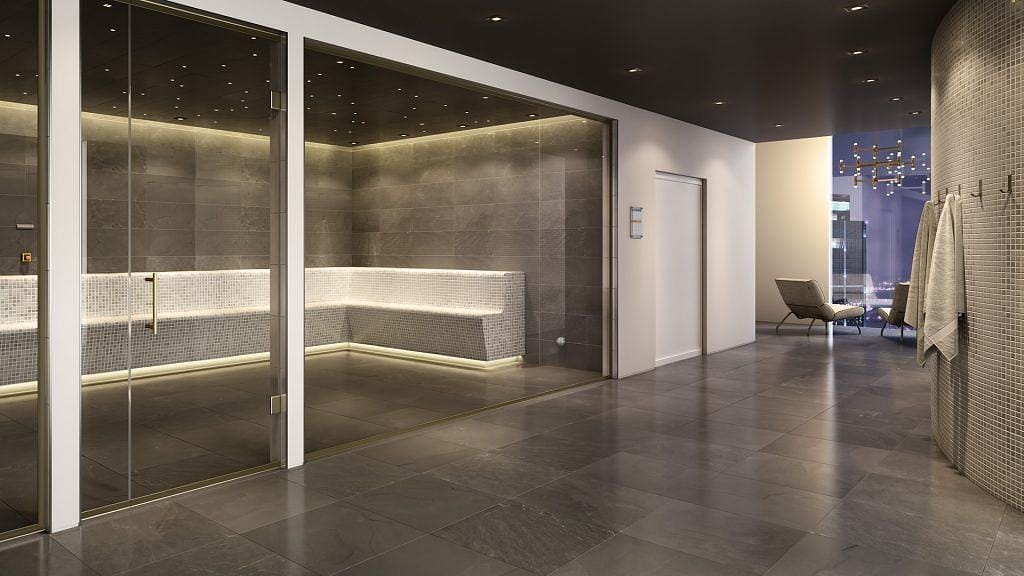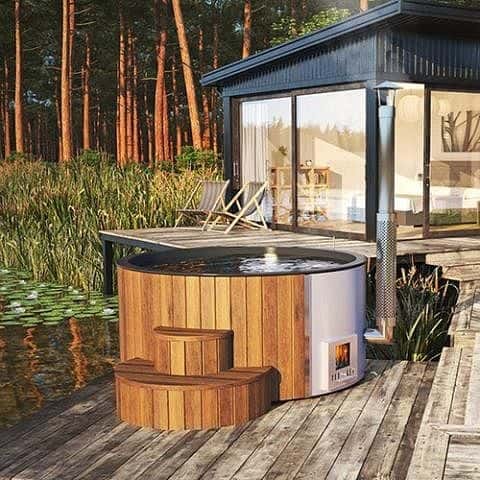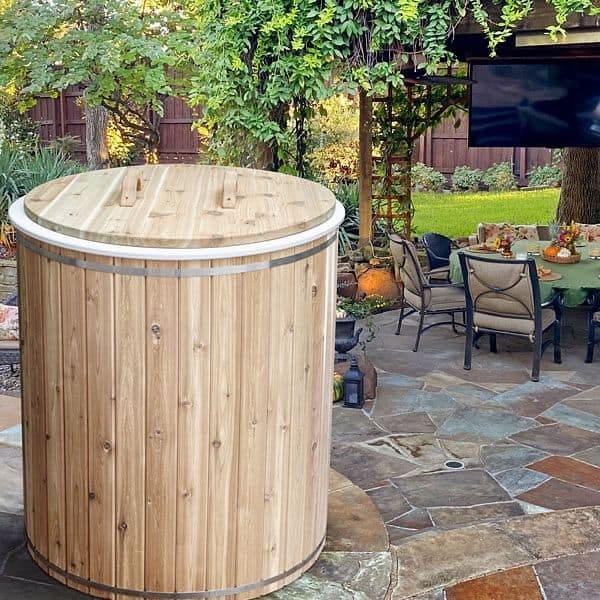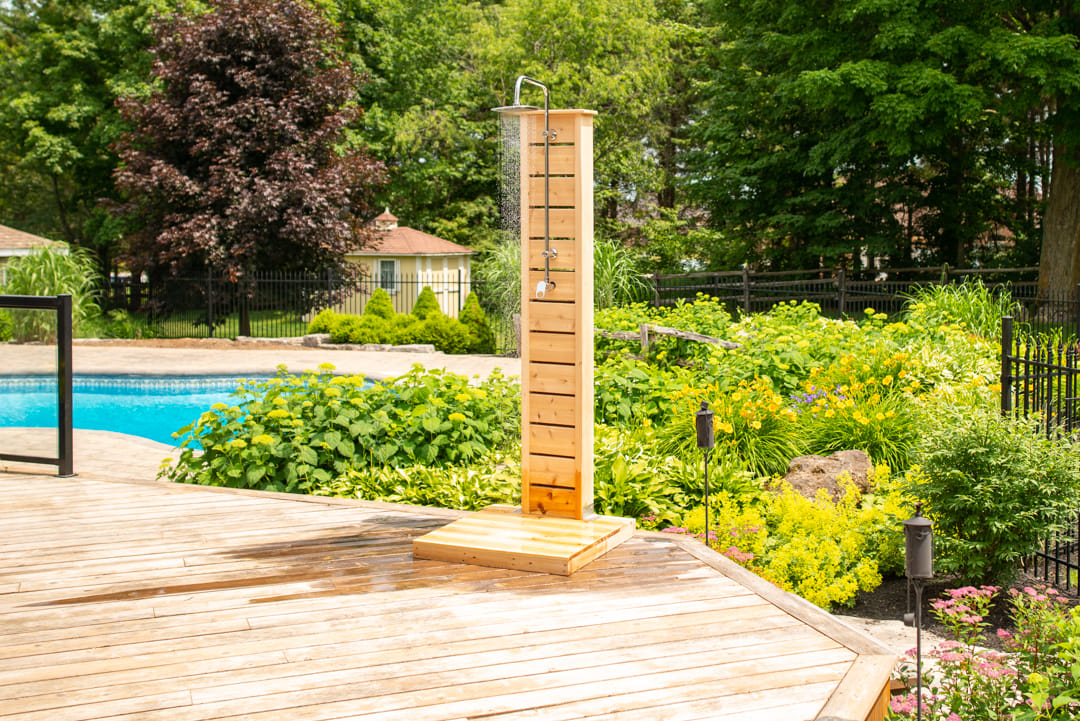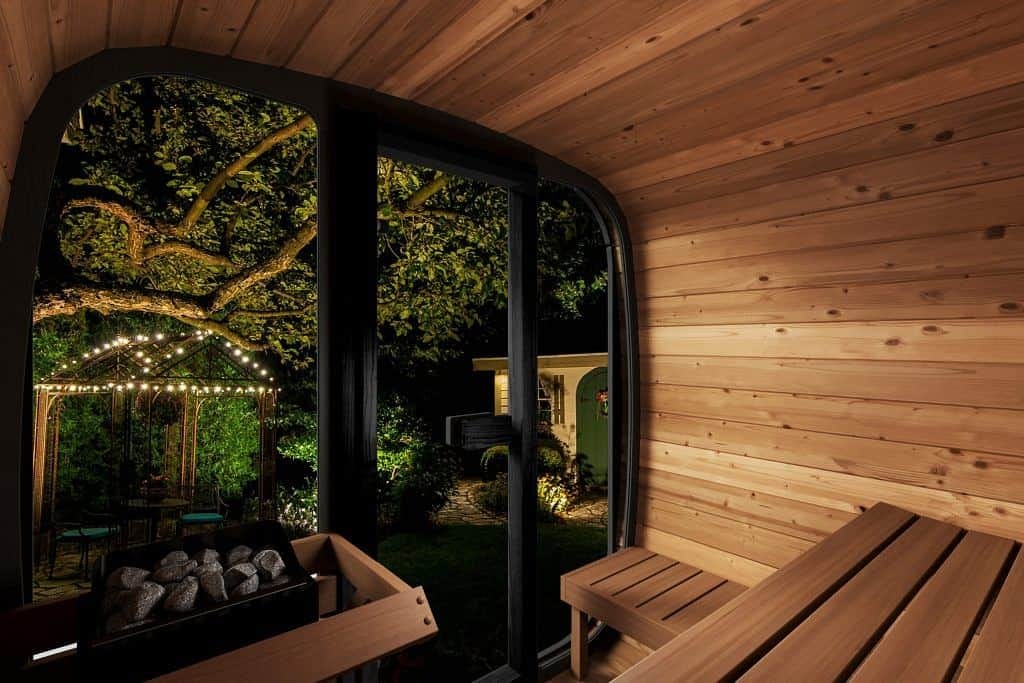Our Sauna Blog, Sauna
Indoor vs Outdoor Sauna: Which One Should You Choose?
Choosing between an indoor and outdoor sauna is not an easy choice, since there are a lot of considerations. How do you know which one is best for you?
Thinking about adding a sauna to your home for some serious relaxation? You’re not alone! But with two main options – indoor and outdoor – it can be tough to decide which one is right for you. This guide will break it down in simple terms. We’ll look at the good, the bad, and the gotta-maintain-it factors of both indoor and outdoor saunas. We’ll cover stuff like how they look, how long they last, how much they cost, and how easy they are to set up and keep in tip-top shape. By the end, you’ll be a sauna superhero, ready to pick the perfect one for your home and your chill time. So grab your swimsuit (or not, that’s up to you!), and let’s dive into the world of saunas!
Indoor Saunas Pros and Cons
Pros
Indoor saunas offer several advantages:
- Convenience and Accessibility: Enjoy a sauna session anytime, regardless of the weather. No need to go outside even for a second.
- Privacy and Control: Relax in complete privacy and customize your sauna experience to your liking. You control the temperature, music, and lighting for a truly personalized session.
- Faster Heat-Up Time: Indoor saunas generally heat up much faster than outdoor saunas. This is because they are better insulated and experience less heat loss due to the controlled environment. This allows you to enjoy your sauna experience quicker without waiting for the outdoor unit to reach the desired temperature.
Cons
While convenient, indoor saunas also have some drawbacks:
- Cost and Installation: Indoor saunas can be expensive to purchase and install, requiring electrical work and potentially ventilation modifications.
- Space Requirements: Indoor saunas take up valuable space in your home. Consider the available space you have before committing to an indoor sauna.
- Heating Costs: Indoor saunas use a significant amount of energy to reach and maintain high temperatures. This can translate to higher electricity bills.
short summary:
|
Pros |
Cons |
|
Anytime sauna sessions |
High upfront cost |
|
Private & customizable experience |
Requires electrical work |
|
Faster heat-up |
Takes up space |
Best For
Indoor saunas are ideal for:
- People who value convenience and privacy
- Those who live in areas with harsh weather conditions
- Individuals who want a customizable sauna experience
If you are interested look at all our indoor saunas
Outdoor Saunas Pros and Cons
Pros
Outdoor saunas offer a unique and rejuvenating experience with several advantages over indoor saunas:
- Spacious Designs: Outdoor saunas can be built larger than indoor saunas, allowing for more space to move around and relax comfortably, potentially even incorporating a changing area or relaxation space.
- Aesthetic Appeal: A well-designed outdoor sauna can enhance the beauty of your backyard and become a focal point for relaxation and social gatherings. Imagine unwinding in your sauna while enjoying the view of your landscaped garden or the starry night sky.
- Potential for Quicker Cooling Down: Unlike indoor saunas, outdoor saunas often benefit from natural air circulation. This can be a significant advantage, especially after a hot sauna session. Taking a cool dip in a nearby pool or simply stepping outside to enjoy the fresh air can be a refreshing way to cool down.
Cons
While outdoor saunas offer a unique experience, they also come with some drawbacks to consider.
- Weather Dependence: You can’t use an outdoor sauna in extreme weather conditions like rain, snow, or very high temperatures.
- Maintenance Needs: Outdoor saunas require regular maintenance to protect them from the elements. This may include cleaning, sealing the wood, and addressing any weather damage.
- Privacy Considerations: Depending on your yard’s layout, you may need to consider additional fencing or privacy screening to ensure a secluded sauna experience.
Pros vs. Cons – Outdoor Saunas
|
Pros |
Cons |
|
Spacious designs |
Weather dependence |
|
Aesthetic appeal |
Maintenance needs |
|
Potential for quicker cooling down |
Privacy considerations |
Best For:
- People who enjoy spending time outdoors and appreciate the extra space.
- Those with large yards who can dedicate space for an outdoor sauna.
- Individuals who prioritize a spacious and aesthetically pleasing sauna experience.
- Homeowners who value the visual appeal of an outdoor structure.
- People who enjoy a quicker cool-down experience after a sauna session.
If you are interested look at all our outdoor saunas
How to Choose Between an Indoor Sauna and an Outdoor Sauna?
Appearance
Outdoor Sauna Wins
While indoor saunas can be customized to your taste, they are typically limited by the space available and may not be a major design feature in your home. Outdoor saunas, on the other hand, can become a beautiful focal point in your backyard. The natural materials and unique design can add a touch of luxury and sophistication to your outdoor space.
Durability
Indoor Sauna Wins (with proper ventilation)
Although both indoor and outdoor saunas can be durable with proper care, indoor saunas generally have an advantage. Here’s why:
- Less exposure to elements: Indoor saunas are shielded from harsh weather conditions like rain, snow, and extreme temperatures. This reduces the risk of warping, cracking, or rotting of the wood compared to an outdoor sauna.
- Controlled environment: Indoor saunas allow for better control over humidity and temperature. With proper ventilation, you can prevent moisture buildup that can lead to mold and mildew growth, which can be detrimental to the sauna’s structure.
However, it’s important to note that proper ventilation is crucial for both indoor and outdoor saunas. Without proper airflow in an indoor sauna, moisture can still accumulate and cause problems.
Price
Indoor Sauna Generally Wins
When it comes to upfront costs, indoor saunas tend to be more budget-friendly than outdoor saunas. Here’s the breakdown:
- Simpler construction: Indoor saunas are often pre-fabricated and require less construction work compared to outdoor saunas. This translates to lower material and labor costs.
- Smaller size: Indoor saunas are typically smaller than outdoor saunas due to space limitations. This means less wood and other materials are needed, keeping the overall price lower.
However, the final price difference can vary depending on the specific features and size of both indoor and outdoor saunas you’re considering.
Maintenance
Indoor Sauna Wins
Indoor saunas generally require less maintenance compared to outdoor saunas. Here’s why:
- Protected environment: Indoor saunas are shielded from the elements like rain, snow, and harsh sunlight. This reduces the need for frequent cleaning and sealing of the wood compared to an outdoor sauna.
- Controlled humidity: With proper ventilation, indoor saunas allow for better control over humidity levels. This helps prevent moisture buildup that can lead to mold and mildew growth, which necessitates additional cleaning and potential repairs.
However, it’s important to remember that even indoor saunas require some regular maintenance. This includes cleaning the interior after use, wiping down surfaces to prevent moisture buildup, and occasionally checking and replacing any worn parts.

